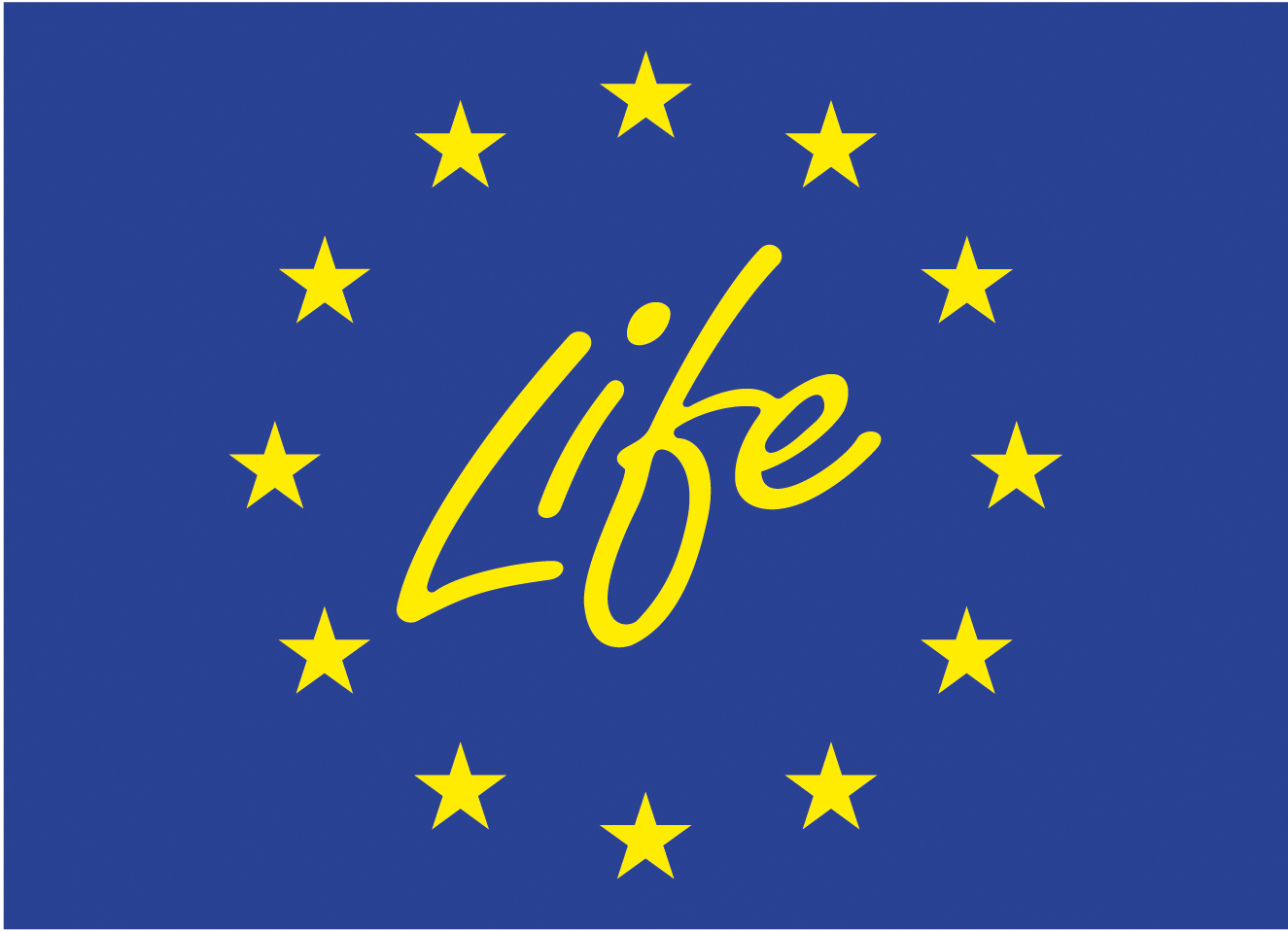From a Soil Health law to a Soil Monitoring Directive
On 5 July, the European Commission published its proposal concerning a Soil Monitoring and Resilience law. IFOAM Organics Europe welcomes the legal recognition of the importance of soils as well as giving soil the same status as air and water, which are already well regulated in the EU.
The proposal – which was known to be titled Soil Health Law following its leak the month prior – has been renamed the Soil Monitoring and Resilience law. This name change also reflects in the content of the proposal which fails to establish legally binding targets for Member States, which differs from the much controversial Nature Restoration Law. Rather, it takes the approach of giving guidelines on how to determine and monitor healthy soils. Furthermore, there is a requirement for Member States to establish soil districts throughout their territory. The proposal provides a definition for healthy soils as well as some indicators for categorising healthy soils.
Other key areas the proposal touches on are:
- Monitoring soil health with proposed indicators,
- Measurements and methodologies for calculation,
- Sustainable soil management principles,
- Identification, registration, investigation and assessment of contaminated sites,
- Restoration (regeneration) of soil health and remediation of contaminated sites.
While the soil management principles mentioned in the proposal are already an integral part of organic farming and incorporated in organic production, organic and other agroecological farming practices are not mentioned. Organic farming contributes significantly to healthy soils due to its high organic matter content and plays a key role in reducing soil density and enhancing soil porosity as well as improving soil drainage, aeration and soil water-holding capacity thereby reducing soil erosion by 22%. So, organic farming should be considered a key practice to restore agricultural soils and to achieve healthy soils on agricultural land throughout the EU.
Learn how organic farming contributes to soil health in the EU in our factsheet.

The work of IFOAM Organics Europe on this topic is co-financed by the LIFE programme of the European Union, under the Climate, Infrastructure and Environment Executive Agency (CINEA). This page only reflects the views of the authors and its sole responsibility lies with IFOAM Organics Europe. The CINEA is not responsible for any use that may be made of the information provided.

